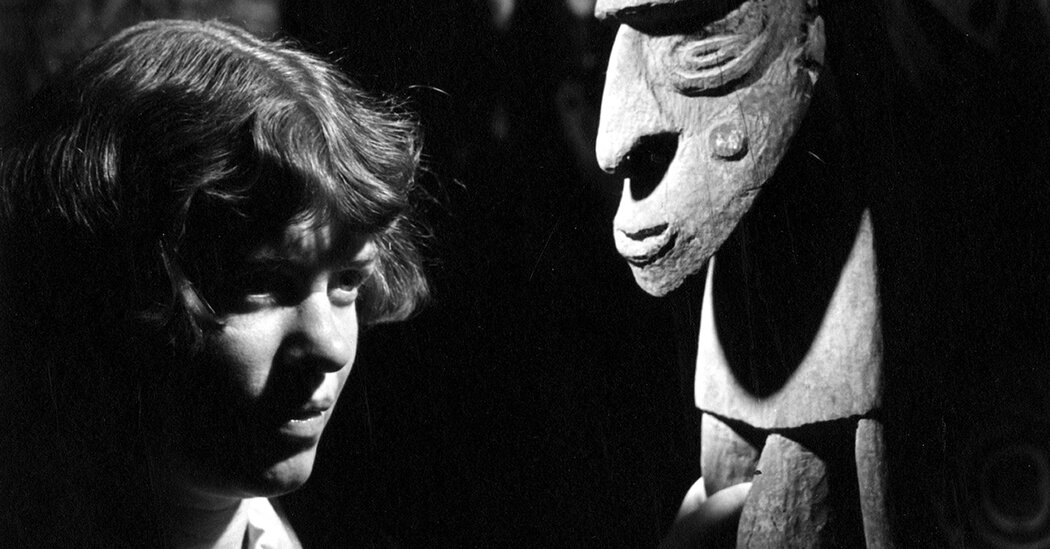“Tripping on Utopia” makes the convincing case that Mead and her cohort were key players in the first wave of psychedelic science, which began not in the 1960s but in the 1920s. “Timothy Leary and the baby boomers did not usher in the first psychedelic era,” Breen writes. “They ended it.”
Mead’s interest in psychedelics stemmed from her lifelong quest to find a way to help humanity design peaceful, culturally diverse societies full of self- actualized individuals — in essence, a utopia. For her, the dream only intensified during World War II and the Cold War, when the specter of nuclear apocalypse (and the less totalizing yet still nefarious “psychochemical warfare”) loomed.
But as she and the rest of her generation navigated “the most rapid period of change in human history, before or since,” Breen explains, Mead both inadvertently and intentionally participated in government projects more commonly associated with dystopia. In 1943, she worked for the Office of Strategic Services, a pre-C. I. A. intelligence agency, on a project that explored using drugs to aid military interrogations. And she became intimately involved in the Macy Foundation, a medicine and health-focused philanthropic organization, which was heavily funded by the C.I.A. in the 1950s. The money’s source was a fact kept secret from most, but not all of Mead’s longstanding colleagues and friends, one of whom was a career C.I.A. agent.
Mead and her one-time husband, Gregory Bateson, were morally opposed to the weaponization of science, yet Bateson, like Mead, had his own sad role to play in American military efforts. An “awkwardly tall Englishman” and the sole surviving son of a famed biologist father, Bateson met Mead while working in New Guinea, in 1932. In 1943, he joined the O.S.S. with the belief that “if the Nazis were using science for manipulation, scientists on the other side were duty bound” to “combat it.”
But the work he did there, on hypnosis- and drug-assisted interrogations, which haunted him for the rest of his life. Worse, immediately after the dropping of the atomic bomb, he wrote a report proposing a new intelligence agency “specializing in unconventional warfare.” This missive was later credited with spurring the creation of the C.I.A. By 1952, that world of “covert activities and psychological manipulation” was one Bateson “looked on with horror.”


